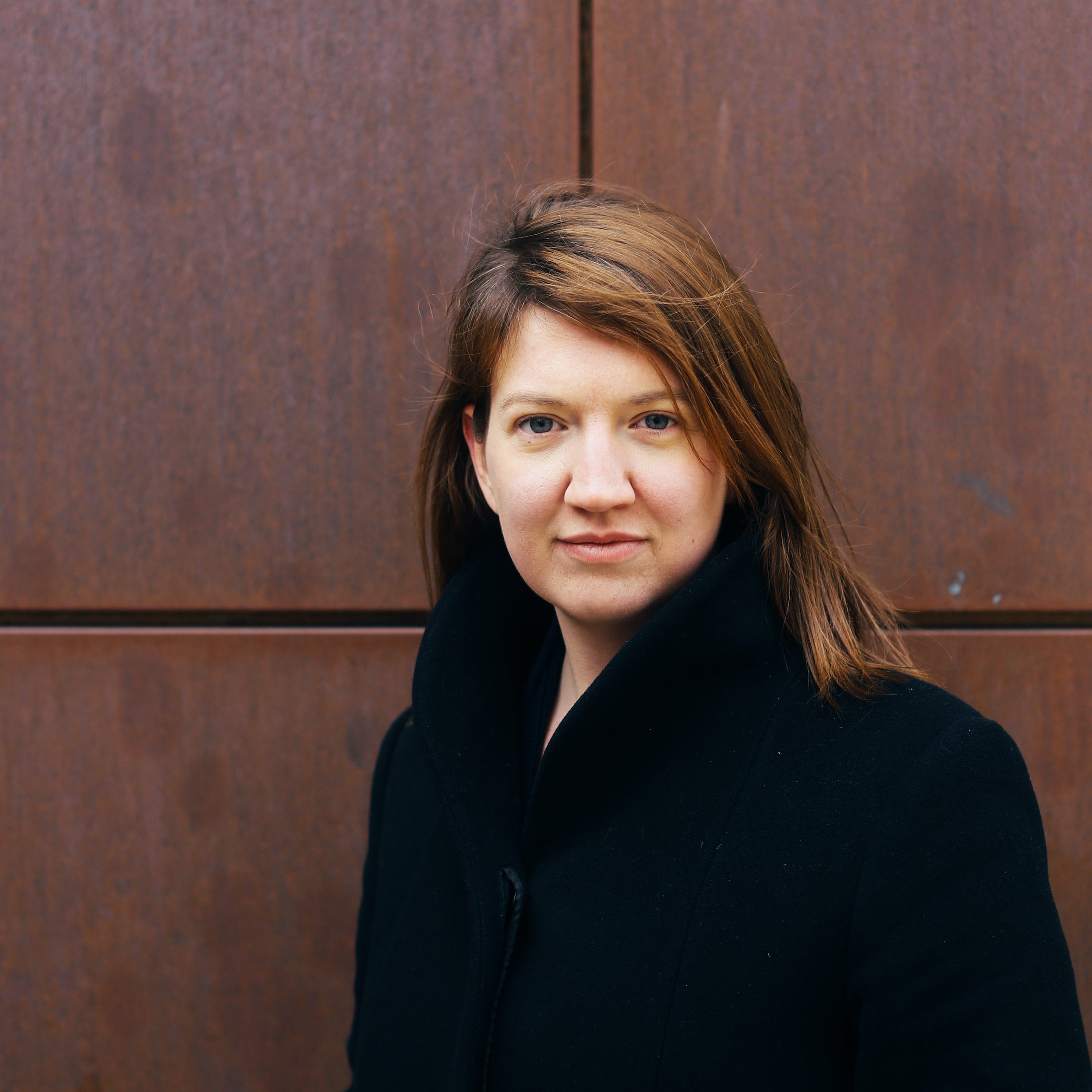The Government of Canada has just announced the newest group of Canada Research Chairs (CRC), including two from Waterloo’s Faculty of Arts. Alana Cattapan, a professor in Political Science, is a tier two CRC in The Politics of Reproduction. Logan MacDonald, a professor in Fine Arts, is a tier two CRC in Indigenous Art. Congratulations to both outstanding scholars on their distinguished career achievement!
Alana Cattapan, Canada Research Chair in The Politics of Reproduction

As CRC in the Politics of Reproduction, Cattapan will examine how law and public policy in Canada both enable and constrain reproductive autonomy. She will realize this goal through a group of interrelated research projects organized around three main objectives to 1) theorize "reproductive policy regimes," particularly in the Canadian context; 2) produce empirical data that will expand knowledge about reproductive autonomy in Canada; and 3) build research capacity for the study of reproduction in the social sciences and humanities.
Providing context for her CRC program proposal, Cattapan said: “Reproductive autonomy is the meaningful capacity to decide whether, when, and how to have children, and it is a critical part of advancing social justice. Law and policy that govern reproductive practices disproportionately affect women’s bodies and lives and works to impede gender equality. For women experiencing other forms of marginality the limits on their reproductive decision making are even more acute. By examining the governance of reproduction in different way—from calls by Members of Parliament to ‘de-criminalize women’s bodies’ through the commercialization of egg donation to the coerced sterilization of Indigenous women across the country—my work interrogates disparate ways that women in Canada experience reproductive autonomy.”
Cattapan is recognized as a leading Canadian expert on the governance of assisted reproduction, and increasingly contributes to research that impacts policymaking on other areas of reproductive policy. She conducts interdisciplinary scholarship at the intersection of political science, public policy, feminist studies, bioethics, and law. Her CRC is closely aligned with the University of Waterloo’s research priority in Society, Culture, and Governance, namely, developing “novel insights into the human condition” by working with understudied populations at the margins of reproductive autonomy. Cattapan joined the Department of Political Science at Waterloo in 2019.
Logan MacDonald, Canada Research Chair in Indigenous Art

MacDonald’s CRC in Indigenous Art responds to the Truth and Reconciliation Commission’s (TRC) calls to action by introducing Indigenous knowledge and arts practice to the University of Waterloo Fine Arts core learning experience. Three linked projects will ensure this will be achieved: The Longhouse Labs, The Longhouse Fellowships, and The Longhouse Log. Each of these share research objectives to 1) build Indigenous community engagement within the Fine Arts institutional environment; 2) establish sustainable long-term institutional access to Indigenous creative-leaders; and 3) create space for Indigenous artists and thought-leaders to self-determine artistic and pedagogical leadership within a Fine Arts institutional context.
Providing context for his CRC program proposal, MacDonald said: “At the university level, the education of Studio Arts and Visual Culture has traditionally relied upon a canon that makes Indigenous artistic creation seem marginal to the core knowledge and skills required to excel; this system is reinforced by teaching grandfathered academic course developments derived from colonial origins. The concern here is that colonial education models and the Eurocentric knowledge they enforce inherently supports systemic erasure of Indigenous knowledge through knowledge exclusion; this, in turn, erodes Indigenous student success rates, and impacts career paths, quality of life, and cultural health.”
MacDonald is a visual artist of mixed European and Mi’kmaq ancestry, belonging to the Elmastukwek people of Ktaqmkuk territory (Bay of Islands, Newfoundland). He has been featured as a solo artist exhibiting in competitive and critically engaged galleries throughout Canada, including The Lay of Land project at Eastern Edge (2017), Ace Art Inc. (2018), and Grenfell Art Gallery (retitled as Visiting), and the exhibition Bæōdut / Hidden Histories at the Newfoundland provincial museum The Rooms (2019). He is the author of a forthcoming chapter Tall Timber: Reasoning Indigenous Art Histories of Newfoundland and Labrador, as part of the Future Possibles exhibition catalogue held at The Rooms (Goose Lane). MacDonald was longlisted for the 2019 Sobey Art Award, from which he was awarded a six-month artist residency at the Künstlerhaus Benthanien in Berlin. MacDonald has taught at three post-secondary institutions and joined the Department of Fine Arts at Waterloo in 2019.
Through his CRC program, MacDonald will develop sustainable and ethical models for Indigenous creative engagement and methodologies of further decolonization in education. In addition to responding to the TRC, this work will also contribute to the university’s research objective to expand scholarship in Society, Culture, and Governance.
Logan MacDonald photo credit: Joe Flessa.